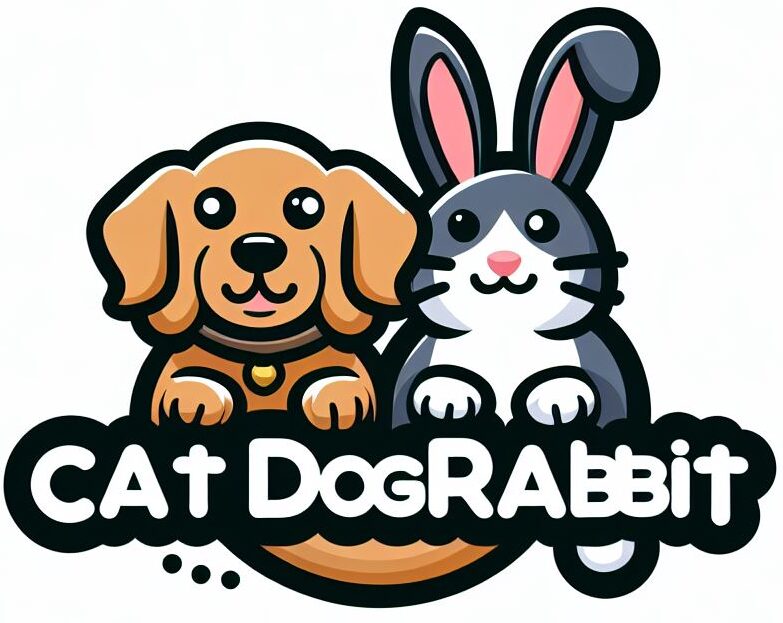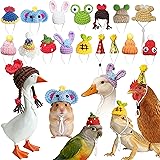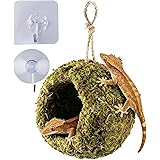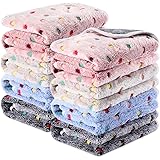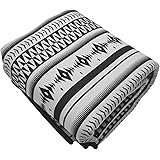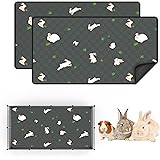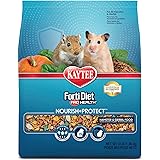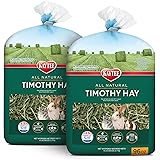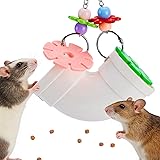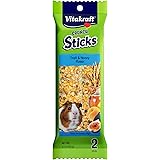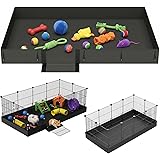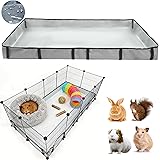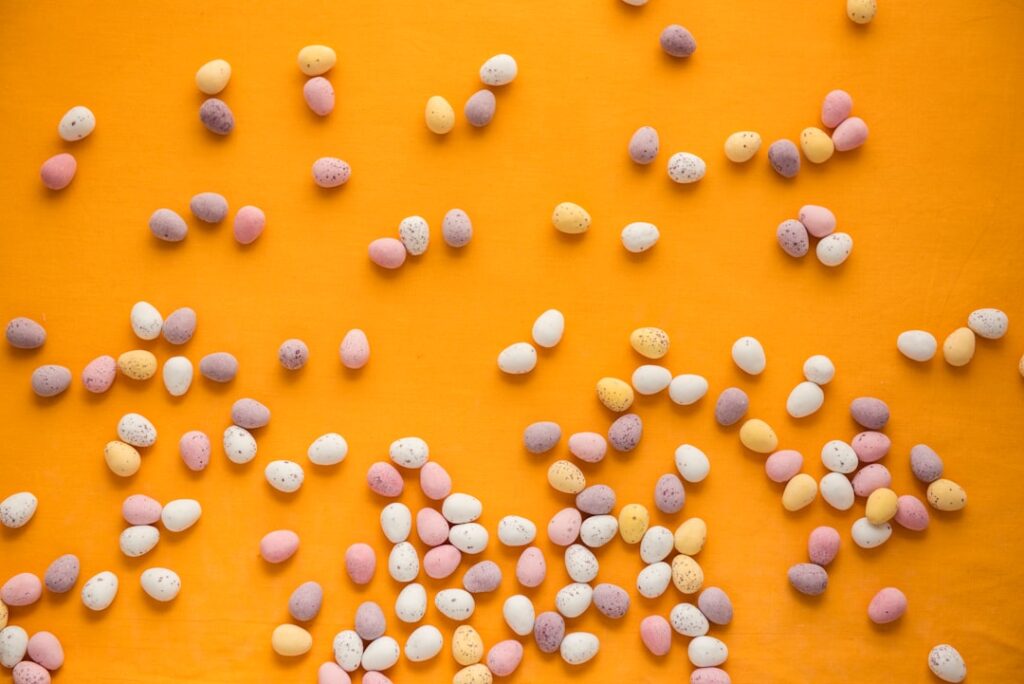
VOLUAS Automatic Cat Feeders - Timed Pet Feeder for Cats and Dogs with Dry Food Dispenser, Desiccant Bag, Programmable Portion Control, 4 Daily Meals, 10s Voice Recorder
$35.00 (as of 02/08/2026 14:07 GMT +00:00 - More infoProduct prices and availability are accurate as of the date/time indicated and are subject to change. Any price and availability information displayed on [relevant Amazon Site(s), as applicable] at the time of purchase will apply to the purchase of this product.)Grddaef 20 PCS Bunny Chew Toys for Teeth, Natural Rabbit Toys Apple Wood Grass Timothy Sticks Chew and Treat for Guinea Pigs Hamster Chinchillas
$9.99 (as of 02/08/2026 14:07 GMT +00:00 - More infoProduct prices and availability are accurate as of the date/time indicated and are subject to change. Any price and availability information displayed on [relevant Amazon Site(s), as applicable] at the time of purchase will apply to the purchase of this product.)16 Pcs Hamster Hats Adjustable Mini Hat, Hand Knitted Chicken Hats, Small Animals Cap for Real Hamsters, Lizard Dragon, Bird, Ferret, Doll, Chicken, Desk Goose Outfits, Party Costume Accessories
$16.99 (as of 02/08/2026 14:07 GMT +00:00 - More infoProduct prices and availability are accurate as of the date/time indicated and are subject to change. Any price and availability information displayed on [relevant Amazon Site(s), as applicable] at the time of purchase will apply to the purchase of this product.)Handmade Crested Gecko Tank Accessories – Bearded Dragon Accessories, Reptile Hideout, Hermit Crab and Small Reptile Habitat 4.7×3.5×9in
$12.59 (as of 02/08/2026 14:07 GMT +00:00 - More infoProduct prices and availability are accurate as of the date/time indicated and are subject to change. Any price and availability information displayed on [relevant Amazon Site(s), as applicable] at the time of purchase will apply to the purchase of this product.)Tudomro 8 Pcs Guinea Pig Blankets Absorbent Washable Animal Fleece Bedding Cage Liners Waterproof Reusable Pet Pee Sleep Mat Pad Cover for Chinchilla Hamster Ferret(Dot,12 x 12 Inch)
$20.99 (as of 02/08/2026 14:07 GMT +00:00 - More infoProduct prices and availability are accurate as of the date/time indicated and are subject to change. Any price and availability information displayed on [relevant Amazon Site(s), as applicable] at the time of purchase will apply to the purchase of this product.)BNOSDM 78.7 in Rabbit Cage Liners Washable Reusable Bunny Bedding Pets Dog Whelping Pads with Anti Slip Bottom Pad Rug for Dogs Chinchillas Cats Guinea Pigs Ferrets
$29.99 (as of 02/08/2026 14:07 GMT +00:00 - More infoProduct prices and availability are accurate as of the date/time indicated and are subject to change. Any price and availability information displayed on [relevant Amazon Site(s), as applicable] at the time of purchase will apply to the purchase of this product.)MODESLAB 2-Pack Guinea Pig Cage Liner, 24" x 47" Reusable Guinea Pig Bedding Washable Absorbent Pee Pads for Dogs Rabbit Chinchilla Hamster, Leakproof & Anti Slip
$22.09 (as of 02/08/2026 14:07 GMT +00:00 - More infoProduct prices and availability are accurate as of the date/time indicated and are subject to change. Any price and availability information displayed on [relevant Amazon Site(s), as applicable] at the time of purchase will apply to the purchase of this product.)Kaytee Timothy Biscuits Baked Treat for Pet Guinea Pigs, Rabbits & Other Small Animals, Apple, 4 oz
$3.79 (as of 02/08/2026 14:07 GMT +00:00 - More infoProduct prices and availability are accurate as of the date/time indicated and are subject to change. Any price and availability information displayed on [relevant Amazon Site(s), as applicable] at the time of purchase will apply to the purchase of this product.)Kaytee Forti-Diet Pro Health Nourish+Protect Hamster and Gerbil Food, Comprehensive Nutrition Backed by Science, Digestive Health, Immune Support, 3 Pounds
$5.99 (as of 02/08/2026 14:07 GMT +00:00 - More infoProduct prices and availability are accurate as of the date/time indicated and are subject to change. Any price and availability information displayed on [relevant Amazon Site(s), as applicable] at the time of purchase will apply to the purchase of this product.)Proper nutrition is essential for the health and well-being of rabbits. Just like any other pet, rabbits require a balanced diet to thrive. However, many rabbit owners are unsure of what exactly constitutes a healthy diet for their furry friends. That’s where Bunny’s Delight comes in. Bunny’s Delight is a comprehensive guide to rabbit food that aims to provide rabbit owners with all the information they need to ensure their pets are getting the nutrition they need.
Key Takeaways
- Bunny’s Delight is the ultimate guide to rabbit food.
- Understanding the nutritional requirements of rabbits is crucial.
- Hay is the foundation of a healthy rabbit diet.
- Variety is important when it comes to vegetables and fruits for rabbits.
- Choosing the right type and amount of pellets is essential for your rabbit’s health.
Nutritional Requirements of Rabbits: Understanding the Basics
Rabbits have specific nutritional needs that must be met in order for them to stay healthy. One of the most important components of a rabbit’s diet is fiber. Fiber is essential for maintaining a healthy digestive system and preventing issues such as gastrointestinal stasis. In addition to fiber, rabbits also require protein, vitamins, and minerals to support their overall health.
Hay: The Foundation of a Healthy Rabbit Diet
Hay is an essential component of a rabbit’s diet. It provides the necessary fiber for proper digestion and helps wear down their constantly growing teeth. There are several types of hay available, including timothy hay, orchard grass hay, and alfalfa hay. It’s important to choose the right type of hay for your rabbit based on their age and specific dietary needs.
Vegetables and Fruits: The Importance of Variety in Rabbit Food
| Vegetables and Fruits | Importance of Variety in Rabbit Food |
|---|---|
| Carrots | Rich in vitamin A, good for vision and immune system |
| Kale | High in fiber, calcium, and vitamin C, good for digestion and bone health |
| Apples | Contain antioxidants and fiber, good for dental health and digestion |
| Bananas | Rich in potassium and vitamin C, good for heart health and immune system |
| Broccoli | High in fiber and vitamin C, good for digestion and immune system |
| Blueberries | Contain antioxidants and vitamin C, good for brain health and immune system |
In addition to hay, rabbits should also be offered a variety of vegetables and fruits as part of their diet. These foods provide important vitamins and minerals that are necessary for their overall health. Some safe vegetables for rabbits include leafy greens like kale and spinach, as well as carrots and bell peppers. When it comes to fruits, it’s important to offer them in moderation due to their high sugar content.
Pellets: Choosing the Right Type and Amount for Your Rabbit
Pellets can be a convenient way to ensure that your rabbit is getting all the necessary nutrients in their diet. However, it’s important to choose the right type of pellets and feed them in the appropriate amount. Look for pellets that are specifically formulated for rabbits and avoid those that contain added sugars or artificial ingredients. The amount of pellets to feed your rabbit will depend on their age, size, and activity level.
Treats: How to Incorporate Them into Your Rabbit’s Diet Without Overdoing It

Treats can be a fun way to bond with your rabbit and provide them with some extra enrichment. However, it’s important to offer treats in moderation to avoid health problems. Some safe treats for rabbits include small pieces of fruits or vegetables, as well as commercial rabbit treats that are specifically formulated for their dietary needs. Avoid giving your rabbit treats that are high in sugar or fat, as these can lead to weight gain and other health issues.
Water: Why It’s Vital for Your Rabbit’s Health and How to Ensure They Get Enough
Water is essential for a rabbit’s health and well-being. It helps regulate their body temperature, aids in digestion, and keeps their organs functioning properly. Make sure your rabbit has access to clean, fresh water at all times. You can provide water in a bowl or use a water bottle designed specifically for rabbits. It’s important to regularly check and clean the water container to ensure it is free from bacteria or algae.
Feeding Schedule: Establishing a Routine for Your Rabbit’s Meals
Establishing a consistent feeding schedule is important for rabbits. They thrive on routine and knowing when their next meal is coming can help reduce stress and anxiety. Aim to feed your rabbit at the same time each day and provide fresh hay and water throughout the day. This will help ensure that your rabbit is getting the nutrition they need and prevent overeating.
Special Diets: Catering to Specific Needs and Health Concerns
In some cases, rabbits may require a special diet to address specific health concerns or dietary needs. For example, rabbits with dental issues may need softer foods or a diet that is higher in fiber. If your rabbit has any health issues, it’s important to consult with a veterinarian to determine the best course of action and make any necessary modifications to their diet.
Common Mistakes to Avoid When Feeding Your Rabbit: Tips for Keeping Your Bunny Healthy and Happy
There are several common mistakes that rabbit owners make when it comes to feeding their pets. One of the most common mistakes is overfeeding pellets, which can lead to obesity and other health issues. It’s important to follow the recommended guidelines for pellet feeding and adjust the amount based on your rabbit’s individual needs. Another common mistake is offering too many treats, which can also contribute to weight gain and other health problems. Remember to offer treats in moderation and choose healthy options that are low in sugar and fat.
In conclusion, proper nutrition is essential for the health and well-being of rabbits. Bunny’s Delight is a comprehensive guide to rabbit food that aims to provide rabbit owners with all the information they need to ensure their pets are getting the nutrition they need. From hay and vegetables to pellets and treats, Bunny’s Delight covers all aspects of a rabbit’s diet. By following the guidelines provided in this guide, you can help keep your bunny healthy and happy for years to come.
FAQs
What kind of food should I feed my bunny?
Bunnies should be fed a diet that consists mainly of hay, fresh vegetables, and a small amount of pellets. Treats should be given sparingly.
What kind of hay should I give my bunny?
Bunnies should be given grass hay, such as timothy hay or orchard grass. Alfalfa hay should only be given to young bunnies or pregnant/nursing bunnies.
What vegetables are safe for bunnies to eat?
Bunnies can eat a variety of vegetables, including leafy greens like kale, spinach, and romaine lettuce, as well as carrots, bell peppers, and cucumbers. Avoid feeding bunnies starchy vegetables like potatoes and corn.
How much food should I give my bunny?
Bunnies should be given unlimited access to hay, and about 1/4 to 1/2 cup of pellets per day. Vegetables should be given in small amounts, about 1-2 cups per day.
Can bunnies eat fruit?
Fruit should be given sparingly as a treat, as it is high in sugar. Safe fruits for bunnies include apples, bananas, and berries.
What foods should I avoid feeding my bunny?
Bunnies should not be given foods that are high in sugar or fat, such as chocolate, candy, or junk food. They should also not be given foods that are toxic to them, such as avocado, onions, and garlic.
